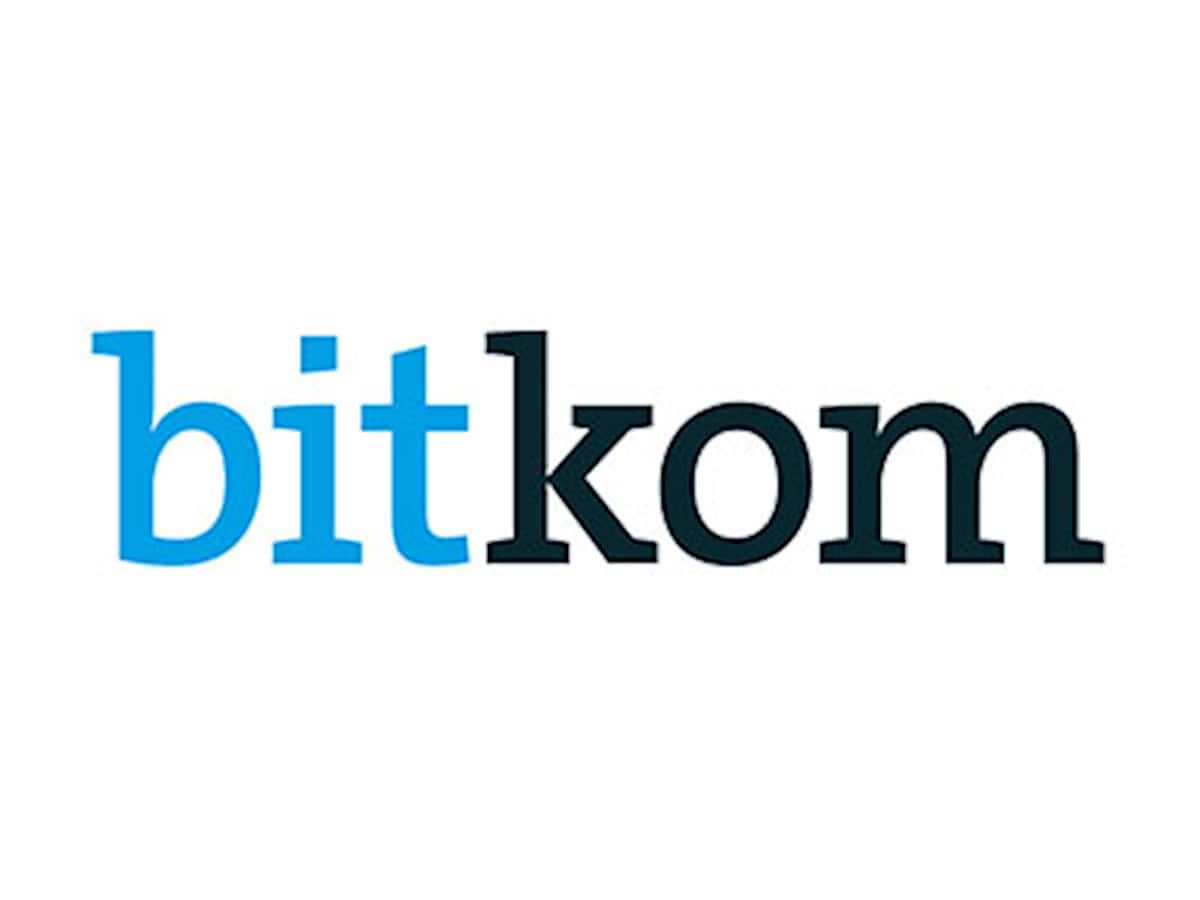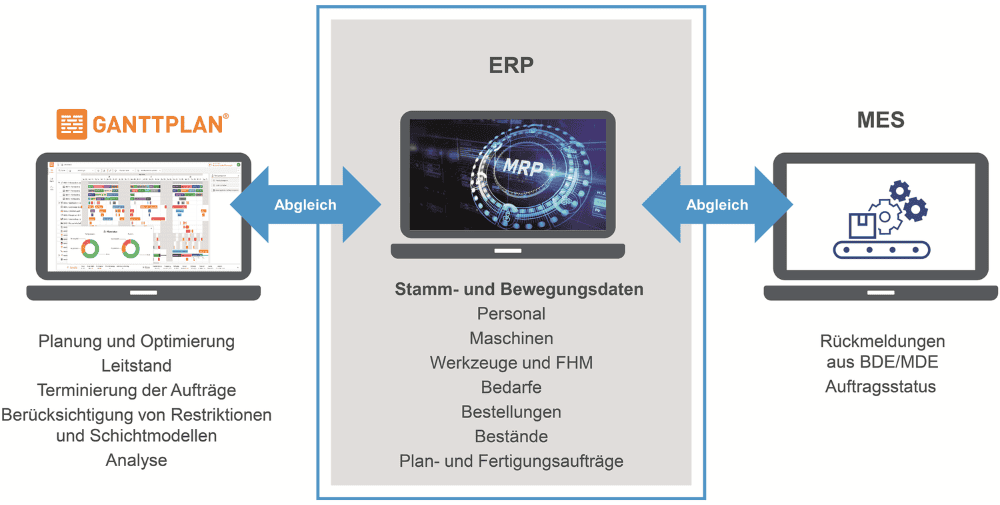
Berlin, July 10, 2025 – The digital association Bitkom sees the “GPAI Code of Practice” on the AI Act presented today by the EU Commission as an opportunity to create legal certainty for the development of AI in Europe. Compared to initial drafts, it has been simplified and is more closely aligned with the legal text, making it easier to apply in companies. “However, in order for the AI Act to be implemented in a truly practical manner, very comprehensive but vaguely formulated testing obligations must be improved and the bureaucratic burden significantly reduced. The Code of Practice must not become a brake for Europe as an AI location,” says Susanne Dehmel, member of the Bitkom Executive Board. Today, the EU Commission published the “GPAI Code of Practice”, which was drawn up by an independent commission of experts and incorporates suggestions from more than 1,000 stakeholders. It is intended to provide clarity on how the requirements of the AI Act must be implemented for so-called general-purpose AI models (GPAI models), which are particularly powerful and versatile and form the technological basis for applications such as ChatGPT.
Bitkom is critical of the stricter obligation for open-ended risk identification for very powerful AI models. This means that companies must continuously search for potentially conceivable risks that an AI model could cause. “Together with ambiguously defined fundamental rights risks and social risks, for which there are often hardly any established methods for identification and assessment, this creates new legal uncertainty for European AI providers,” says Dehmel. In addition, the Code of Practice creates new bureaucratic burdens in key areas, such as documentation requirements for complaints from rights holders.
On the other hand, Bitkom sees it as a positive development that the focus is now more on the results to be achieved when it comes to safety issues and that concrete methods are no longer specified. This gives the providers of general-purpose AI models more freedom in the choice of methods used and takes better account of the highly dynamic technological developments in this area. In addition, the fact that providers of general-purpose AI models are generally exempt from responsibility when using third-party data such as publicly available data – so-called “third party sets” – ensures greater legal certainty.
Further links
👉https://www.bitkom.org




